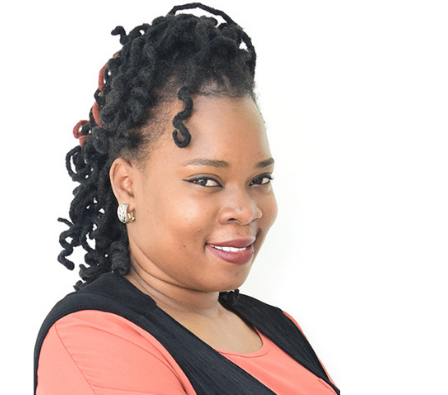We are delighted to welcome our first interns to the Franklin. Today, they will join our Artificial Intelligence and Informatics theme and commence their projects.
Their internships are part of the wider Health Data Research UK (HDR UK) intern scheme. HDR UK began the scheme in response to the issue that Black people are heavily underrepresented in the science, technology, engineering and maths (STEM) community. HDR UK and partners have recruited an impressive 54 interns to join this year’s Black internship programme thanks to the partnerships that form the HDR UK co-ordinated UK Health Data Research Alliance (HDR Alliance). The Franklin are proud to be part of this new scheme and will be hosting two interns – Martha Shaka and Tobi Akinsiku.
Martha Shaka is pursuing a Master’s degree in Artificial Intelligence at the University of Leeds. Martha said, “As I prepare for my career, applying artificial intelligence skills to biological problems, I can’t wait to gain a more detailed understanding of the field and contribute to the Rosalind Franklin Institute. The diverse, collaborative and engaging community conducting exciting and challenging research made me want to be part of the community. I am looking forward to an intellectual and delightful experience that allows me to apply my knowledge and skills.”
Tobi Akinsiku is currently studying Computer Science and Philosophy at the University of St Andrews. Tobi said, “I am hoping to learn more about visible light microscopy images and using Python to help develop and automate the process of assessing the quality of sample grids. I am looking forward to this internship, especially to collaborating with scientists from different fields and working collectively towards some of the long term goals of the institute.”

The Franklin is an interdisciplinary and highly collaborative research institute, and during their internships Martha and Tobi will be using their artificial intelligence skills to help to address a problem faced by our Structural Biology team with their nanogrids. Nanogrids are essential for holding samples for electron cryomicroscopy. They are coated in nanowires which absorb excess liquid which ensure that samples can be prepared correctly. Due to their tiny size these nanowires can only be seen using an electron microscope, which makes it difficult to assure the quality of the nanogrids, as checking them under an electron microscope would be expensive and time consuming process.
To address this problem, they will be analysing light microscopy images to detect changes in light diffraction from varying quality grids under different lighting conditions. They will then investigate whether they can automate this process to be used for quality control.
Mark Basham, the Franklin’s Science Director for Artificial Intelligence and Informatics, said, “Myself and my team are proud to be part of actively trying to change the status quo in data science, and are looking forward to welcoming Martha and Tobi to the Franklin. I think it is an interesting problem that we have set them, and I hope they will enjoy working together to tackle it.”
We look forward to sharing Martha and Tobi’s progress throughout the summer.